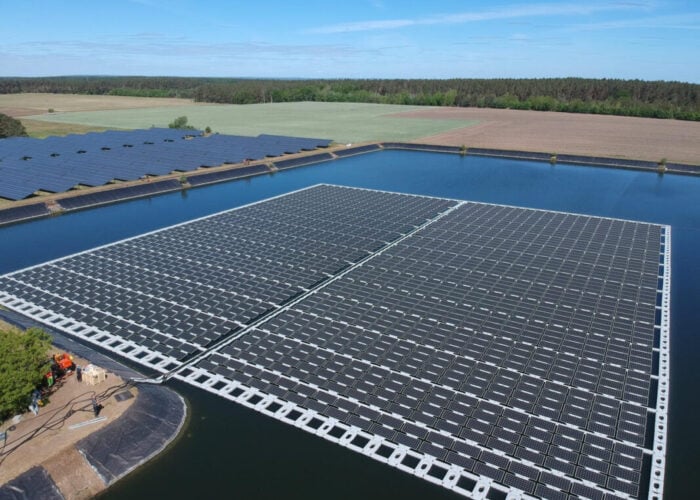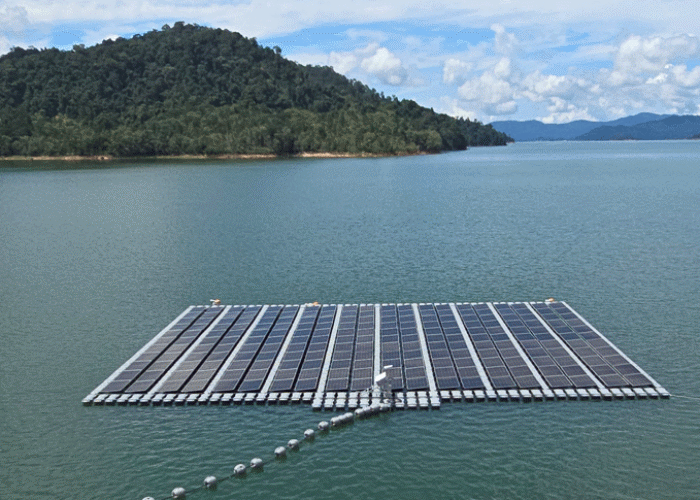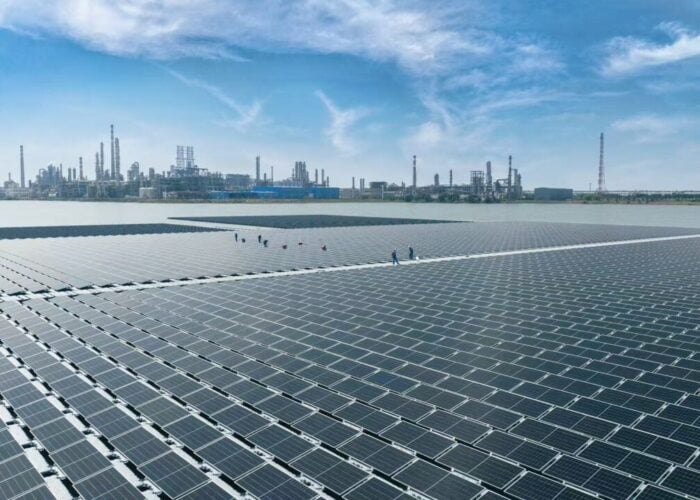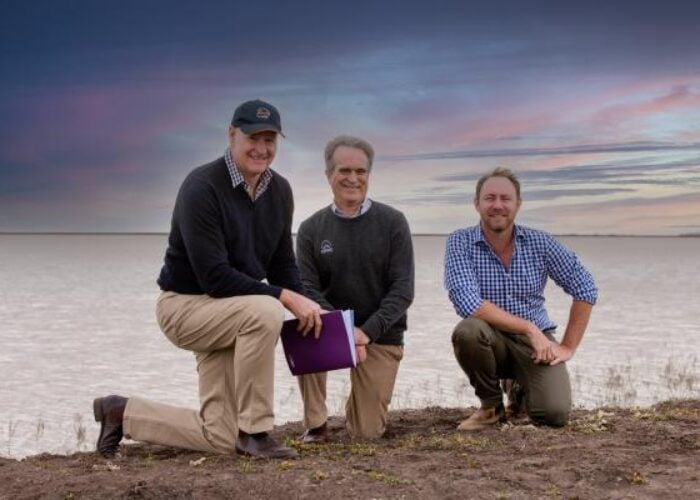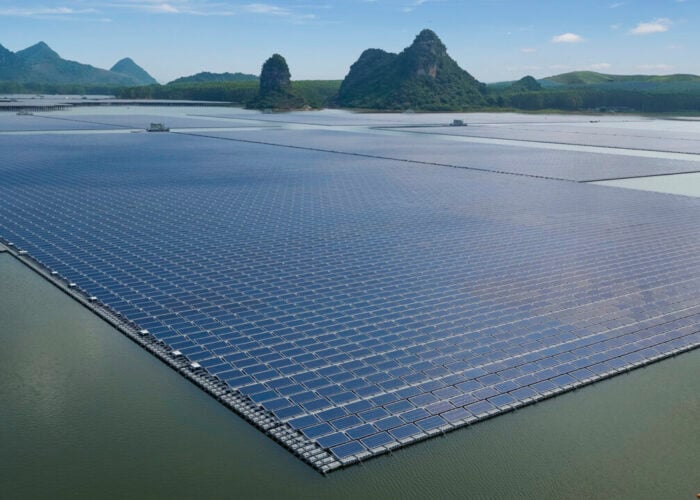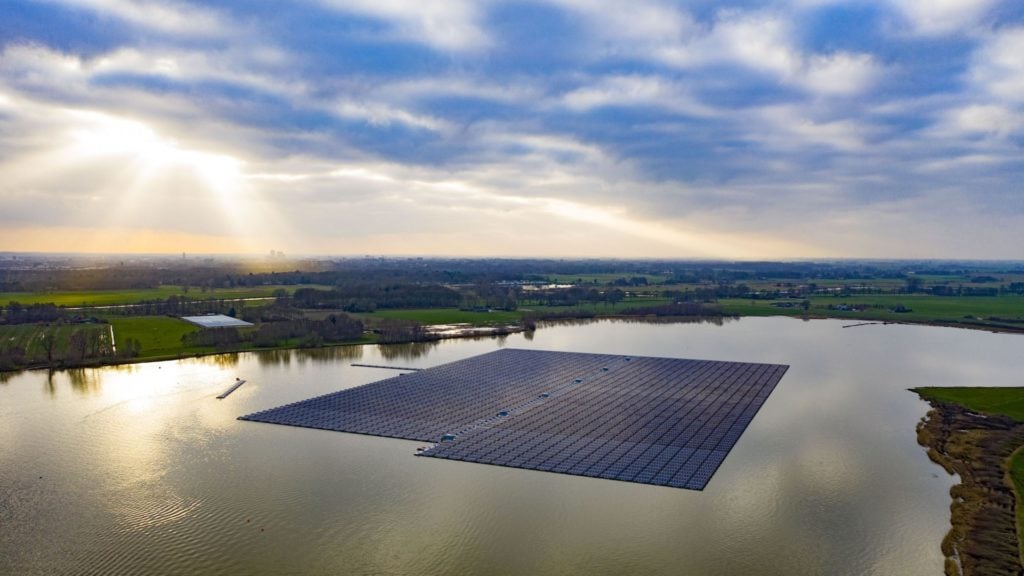
Solar industry players should collaborate with governments and regulators to overcome floating PV permitting and bankability issues and unlock the potential of the technology in Europe.
That was one of the conclusions from a panel discussion at this week’s Large Scale Solar Europe conference, which also explored the sites and markets that show promise for developing new floating solar projects.
Unlock unlimited access for 12 whole months of distinctive global analysis
Photovoltaics International is now included.
- Regular insight and analysis of the industry’s biggest developments
- In-depth interviews with the industry’s leading figures
- Unlimited digital access to the PV Tech Power journal catalogue
- Unlimited digital access to the Photovoltaics International journal catalogue
- Access to more than 1,000 technical papers
- Discounts on Solar Media’s portfolio of events, in-person and virtual
While Asian countries such as China, Taiwan and Vietnam lead the way and have already deployed a host of utility-scale floating PV plants, the technology is beginning to gain traction in European markets such as the Netherlands, where German developer BayWa r.e. has built more than 100MW of floating solar systems.
Toni Weigl, product manager for floating PV at BayWa r.e., told the panel that the business is looking to deploy an additional 100MW this year, but stressed that permitting and licensing “must become simpler. The problem with floating PV is that it’s something completely new. The authorities and the residents are not familiar with floating PV.”
Weigl said that in Germany, where BayWa r.e. is hoping to develop floating projects this year, the issue is complicated by the different permitting procedures that states in the country have: “Once you have found the person or the authority who needs to deal with the permitting, you have to educate them quite intensively because everything is new.”
With the impact of floating solar projects on water biodiversity sometimes unclear, Harold Hofenk, team manager of energy and climate at Triodos Bank, believes municipalities may be more willing to provide permits if projects are built on manmade water bodies such as former sandpits and industrial water areas.
Triodos has so far financed two large-scale solar projects in the Netherlands and is working on four new ones that will be financed this year. Hofenk highlighted the importance of warranties for floating platforms, which are sometimes provided by start-ups, making it “a little bit more complicated”. He said: “It’s very important that the warranty comes from a party that can bear the obligations from the warranty.”
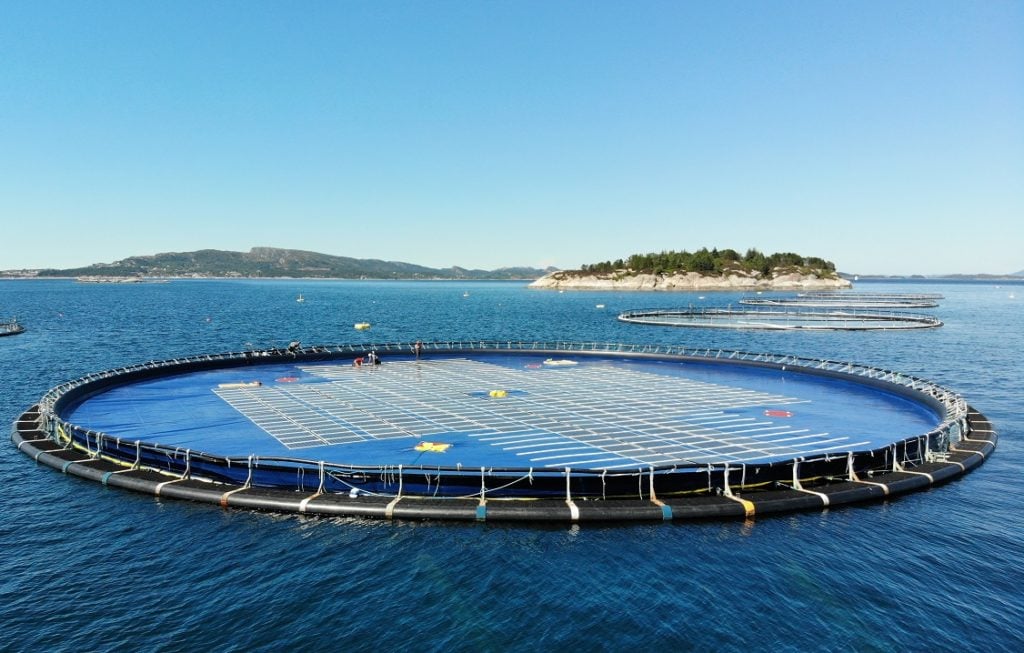
While BayWa r.e. partnered with an engineering firm to develop its floating solar substructure, Norwegian company Ocean Sun has created its own floating technology based on a polymer membrane that is used to mount PV modules.
As well as installing floating projects on manmade water bodies such as reservoirs, Ocean Sun CEO Børge Bjørneklett touted the potential of deploying near-shore systems at archipelagos with high power prices such as the Maldives and Seychelles. Ocean Sun recently signed a deal to provide its technology for projects at Greek islands, where floating systems can provide more affordable renewable energy and often replace coal-fired generation, Bjørneklett said. “This is where you can get a big reduction in CO2 emissions by introducing floating solar.”
In terms of permitting and licensing, Bjørneklett said it is “a matter of time” before regulators and governments get more used to floating solar, but with the technology spanning areas such as energy, water administration and irrigation, he said government departments need to find a way to collaborate so that there is one body providing permits for floating systems.
During the panel discussion, a module supplier’s perspective was provided by Vitor Rodrigues, chief technical service engineer at LONGi Solar, who said the company sees a “huge opportunity globally, not only in Asia” for floating solar, but also demand from markets in Europe and South America.
The complete session can be viewed on demand by those attending Large Scale Solar Europe this week. For more details regarding the event and how to register, click here.

